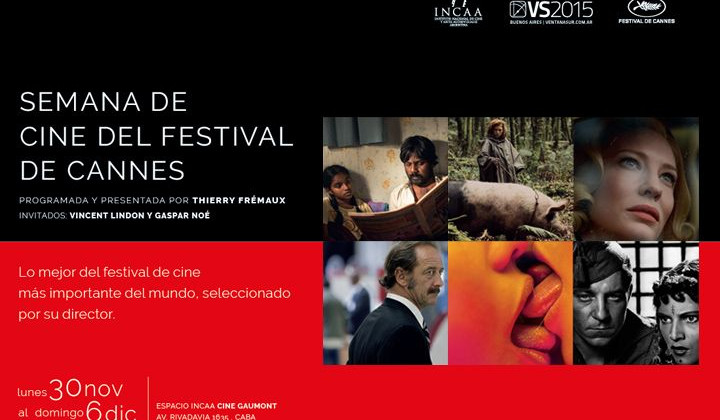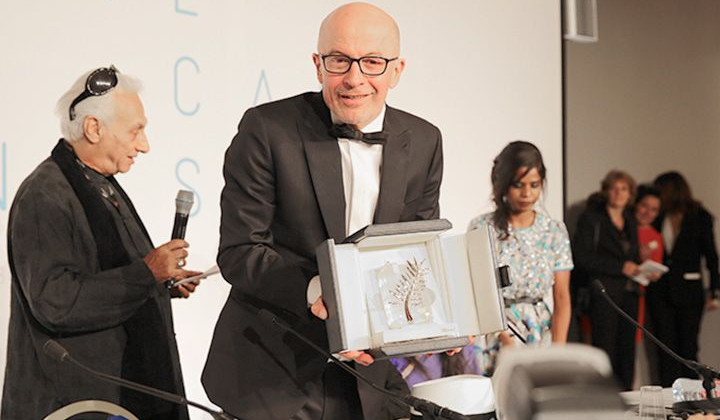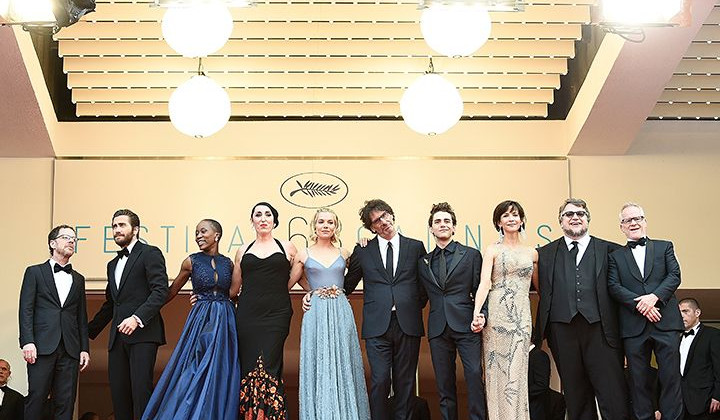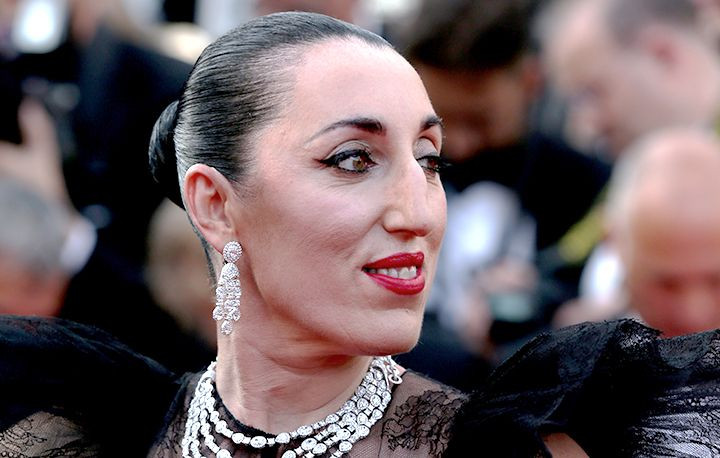
INTERVIEW- Rossy de Palma “I prefer to concentrate on the beauty of things”

The ever-sparkling Rossy de Palma is representing Spain on the Feature Film Jury at the 68th Festival de Cannes. Interview with an outstanding person.
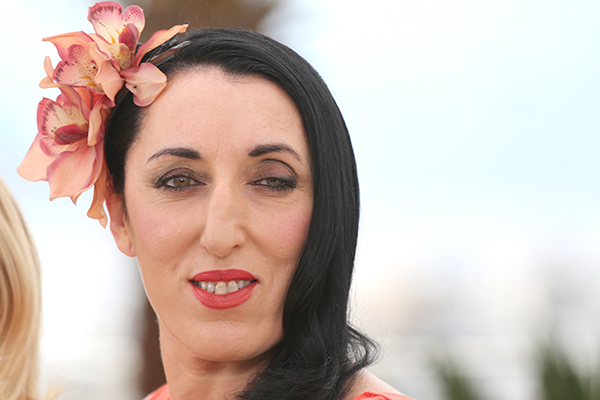
Rossi De Palma © T. Delange
You’re on the Jury for this year’s Festival de Cannes. How do you view the films in Competition – as an actress, a songwriter or as a singer?
Simply as a viewer. I always say that a film is only finished when the viewer brings their own perspective. And even if you’re in the trade, you simply watch and become engrossed in the story. This is a story of the heart, full of feeling and playfulness. It galvanises you, grabs you and takes you hostage.
Do you have a favourite kind of film?
In the Competition, there are so many superb films it’s going to be difficult to choose. You have to see every film as a distinct work of art. I love docu-fiction, social cinema, films about feelings that touch and move you: my problem is that I love almost everything. I prefer to concentrate on the beauty of things than on those things I like less.
You will be acting in the next feature film by Pedro Almodovar for the first time since working together on Broken Embraces in 2009. Have you missed working with him?
The shoot begins today! My heart it there with the team because it’s a big day for them. They’re shooting in Madrid, Galicia, Aragon, and a little bit in Huelva. With Pedro, its like with a lover – it’s nice when it’s the other one who takes you out to dinner. So I like it best when it’s spontaneous and comes from him. For Volver, when they gave the prizes to all the actors in 2006, I was in Madrid, and I cried. I’m not so vain as to feel I have to be in any film by Pedro. If it doesn’t come naturally, I’m not interested. I want to give him full creative rein because he’s an instinctive person, and if a role doesn’t occur to him, it doesn’t occur to him. I’m delighted with the role he offered me this time round.
Can you tell some more about it?
I start in June. I play a rather unpleasant, austere woman – a peasant from the Galicia region. We’re going to shoot in the magnificent fishing village of Muxía. It’s a melodrama about fate and my character, who’s rather reserved and not at all funny. Pedro wanted me to change register. He knows me very well and we get on very well and I’ve always had a great time working with him, completely free of tension.. Sometimes he can appear intimidating to actors but I’m highly elastic – I do everything he says and understand quickly what he wants, so it’s a real pleasure to work with him!
But I’m no pushover all the same. I love making suggestions to directors, whether they “buy” them or not, as we say in the acting world. Patrice Leconte for example, gave me a great deal of freedom.
Do you have a different way of acting and behaving according to whether you’re filming in French or in Spanish?
No, not really. I’m a fairly energetic, organic actor when it comes down to it. I work very instinctively. I like it when there’s no strategy, and I can lose myself in the role, which seems to take me over completely. It’s always surprising to see myself in certain films where I make gestures without even realising. For example, in Une heure de tranquillité, I crossed my arms at one point, and when I saw the film, I asked myself “How on earth did I place my hands like that?” You give your voice and your body to the character. The language doesn’t get in the way of my acting. What sometimes gets in the way is having to carry a microphone during the takes. I don’t like that too much because it reminds me that I’m an actor playing the role. In the same way as the constraints of dubbing can undermine spontaneity.
Whatever happens, it’s art and poetry that come to my rescue. Art is a real help with resilience and dealing with the wounds of life. As long as you remain curious, you’ll never get old!
And are the days of the movida over?
No,the movida will always be part of us!
Interview by Charlotte Pavard
